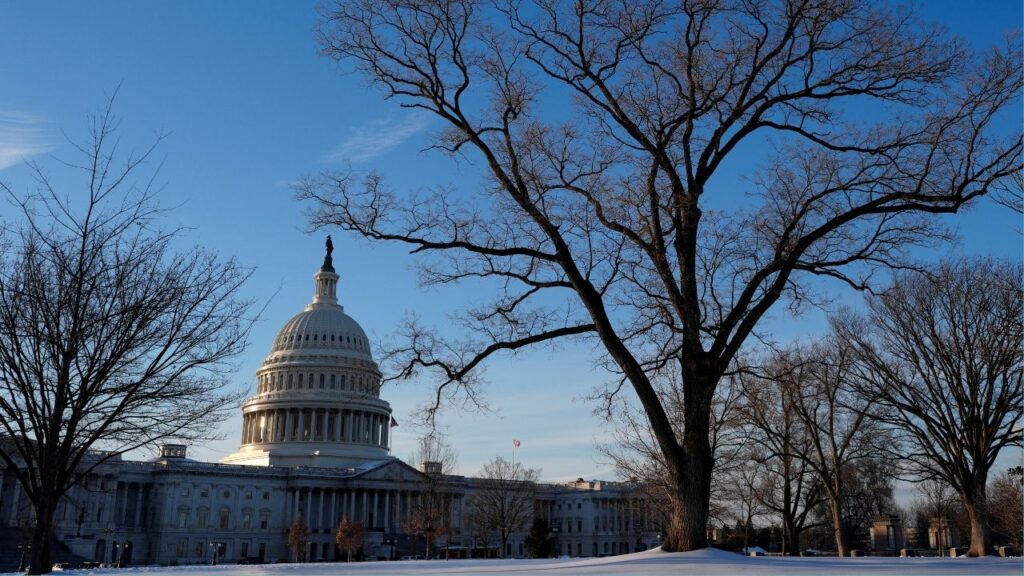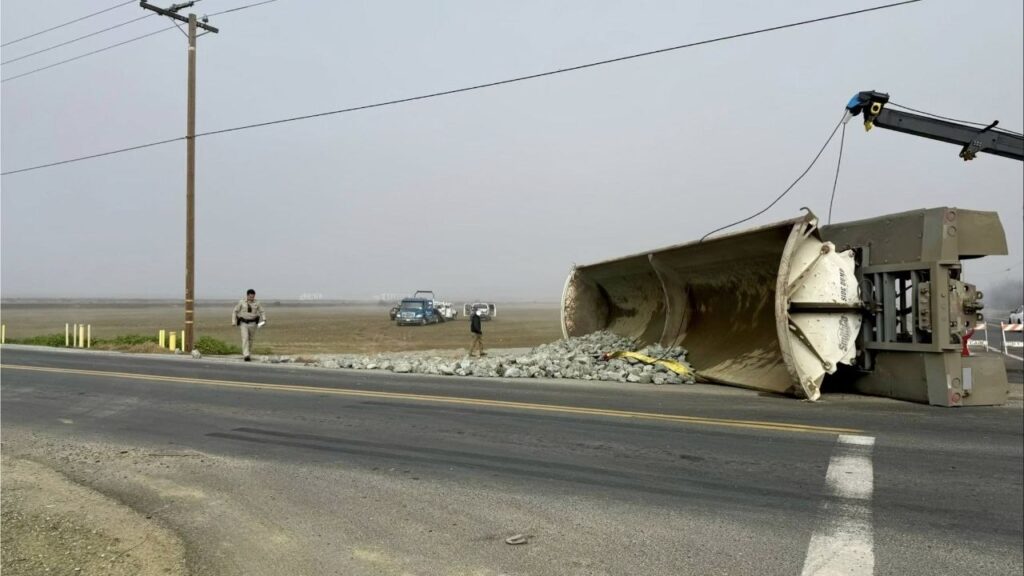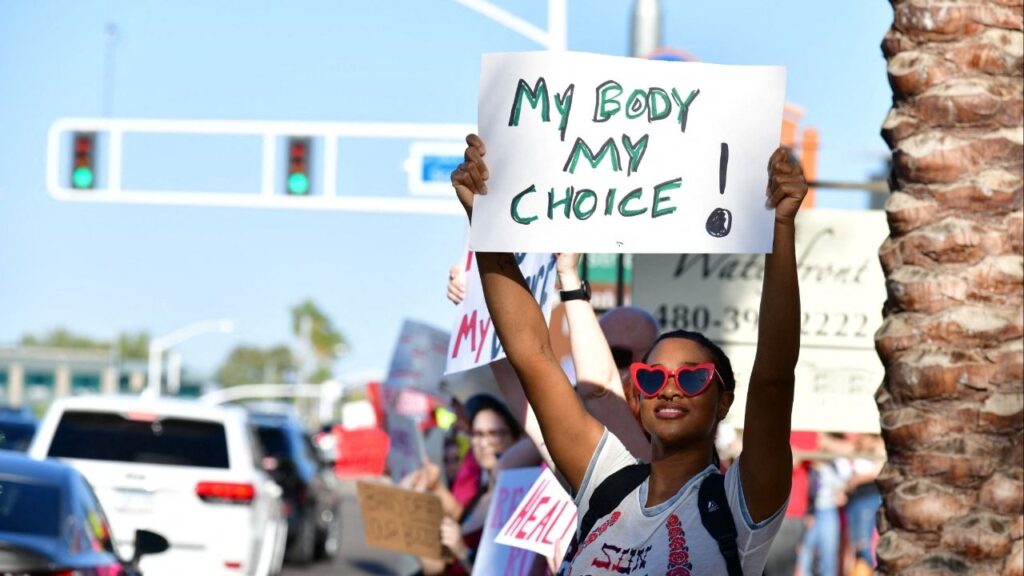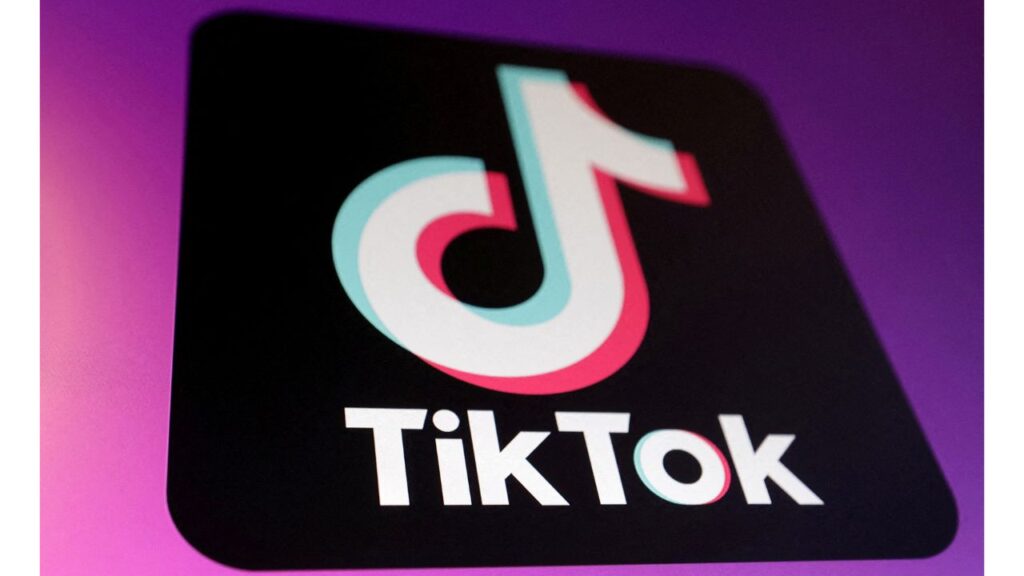Share
|
Getting your Trinity Audio player ready...
|
![]()
■The federal government will fund 17 projects across the U.S.
■Projects span across 20 states and involve 30 tribes.
■Additional $57 million allocated for solar power in rural health centers.
The federal government will fund 17 projects across the U.S. to expand access to renewable energy on Native American reservations and in other rural areas, the Biden administration announced Tuesday.
The $366 million plan will pay for solar, battery storage and hydropower projects in sparsely populated regions where electricity can be costly and unreliable. The money comes from a $1 trillion infrastructure law President Joe Biden signed in 2021.
U.S. Energy Secretary Jennifer Granholm called the announcement “historic” at a clean energy tribal summit in Southern California that began Tuesday.
Impact on Native American Reservations
“This is the largest amount that the Department of Energy has awarded to tribes for energy projects,” she said.
About a fifth of homes in the Navajo Nation — located in northeastern Arizona, northwestern New Mexico and southeastern Utah — do not have access to electricity, the U.S. Department of Energy estimates. Nearly a third of homes that have electricity on Native American reservations in the U.S. report monthly outages, according to the Biden administration.
The announcement comes as Native tribes in Nevada and Arizona fight to protect their lands and sacred sites amid the Biden administration’s expansion of renewable energy. It also comes days after federal regulators granted Native American tribes more authority to block hydropower projects on their land.
The Biden administration will only secure funding for the 17 projects after negotiating with project applicants, federal officials said.
Reactions to the Announcement
Chéri Smith, president of the nonprofit Alliance for Tribal Clean Energy, called the announcement “bittersweet” and said it will take more money and support from the government and philanthropic groups to see the projects come to fruition.
“What these announcements do is they build hope for communities,” Smith said. “Translating these ambitions into tangible outcomes — we still have a ways to go.”
Details of the Projects
The projects span across 20 states and involve 30 tribes. They include $30 million to provide energy derived from plants to wildfire-prone communities in the Sierra Nevada in California, $32 million to build solar and hydropower for a Native American tribe in Washington state and $27 million to construct a hydroelectric plant to serve a tribal village in Alaska.
In 2019, the Hopi Tribe in Arizona lost jobs and a longstanding energy source when a massive coal-fired power plant shut down after nearly 50 years. It was a significant source of revenue for the Navajo and Hopi tribes.
The Biden administration plans to allocate more than $9 million for a project led by Arizona State University in partnership with the Hopi to build solar panels and battery storage for the tribe.
Kristen Parrish, a professor at Arizona State University’s School of Sustainable Engineering and the Built Environment, said that the project will provide a reliable source of power to tribal citizens.
“Even more important than the fact that it’s cleaner is the fact that it’s reliable,” Parrish said of the project.
Additional Funding for Rural Health Centers
The Department of Energy also announced funding for a $57 million project to provide solar power and battery storage for up to 175 community health centers in rural parts of the Southeast, including in Alabama, Georgia and South Carolina.
The idea for the project stemmed from power outages in Puerto Rico following Hurricane Maria in 2017 that hampered health care professionals’ ability to do their work, said Ben Money, the senior vice president for population health at the nonprofit National Association of Community Health Centers. People living in rural areas sometimes only have access to one health care center in their region, Money said.
“If the power goes out or there’s a natural or man-made disaster, those community residents are more dependent upon that community health center site than, perhaps, residents in communities where they may have other options,” he said.
RELATED TOPICS:
Categories

Marc Kapetan Ponders a Run for Fresno County Judge

US Booed, Cheered During Milano Cortina Olympics Opening Ceremony

















